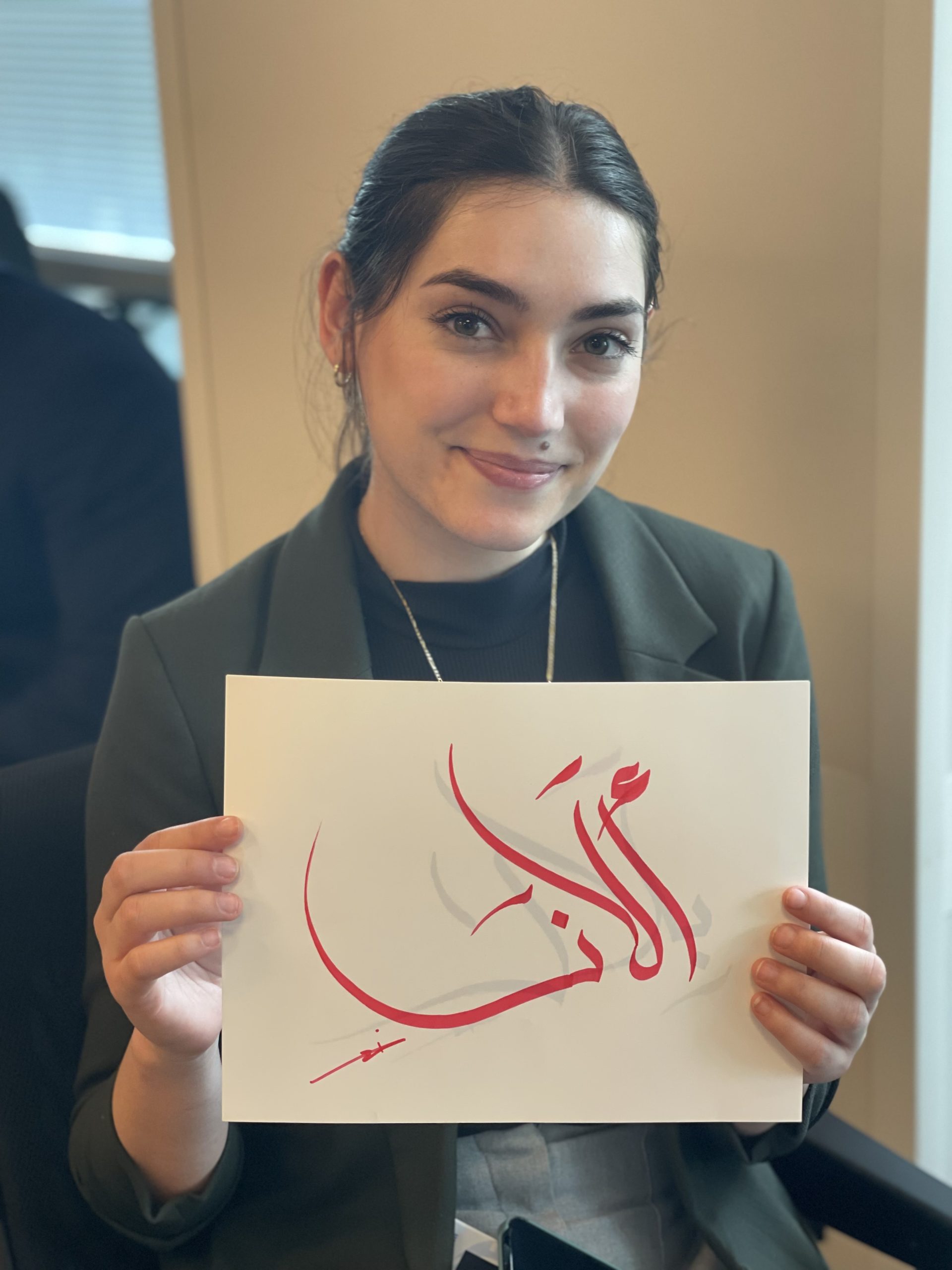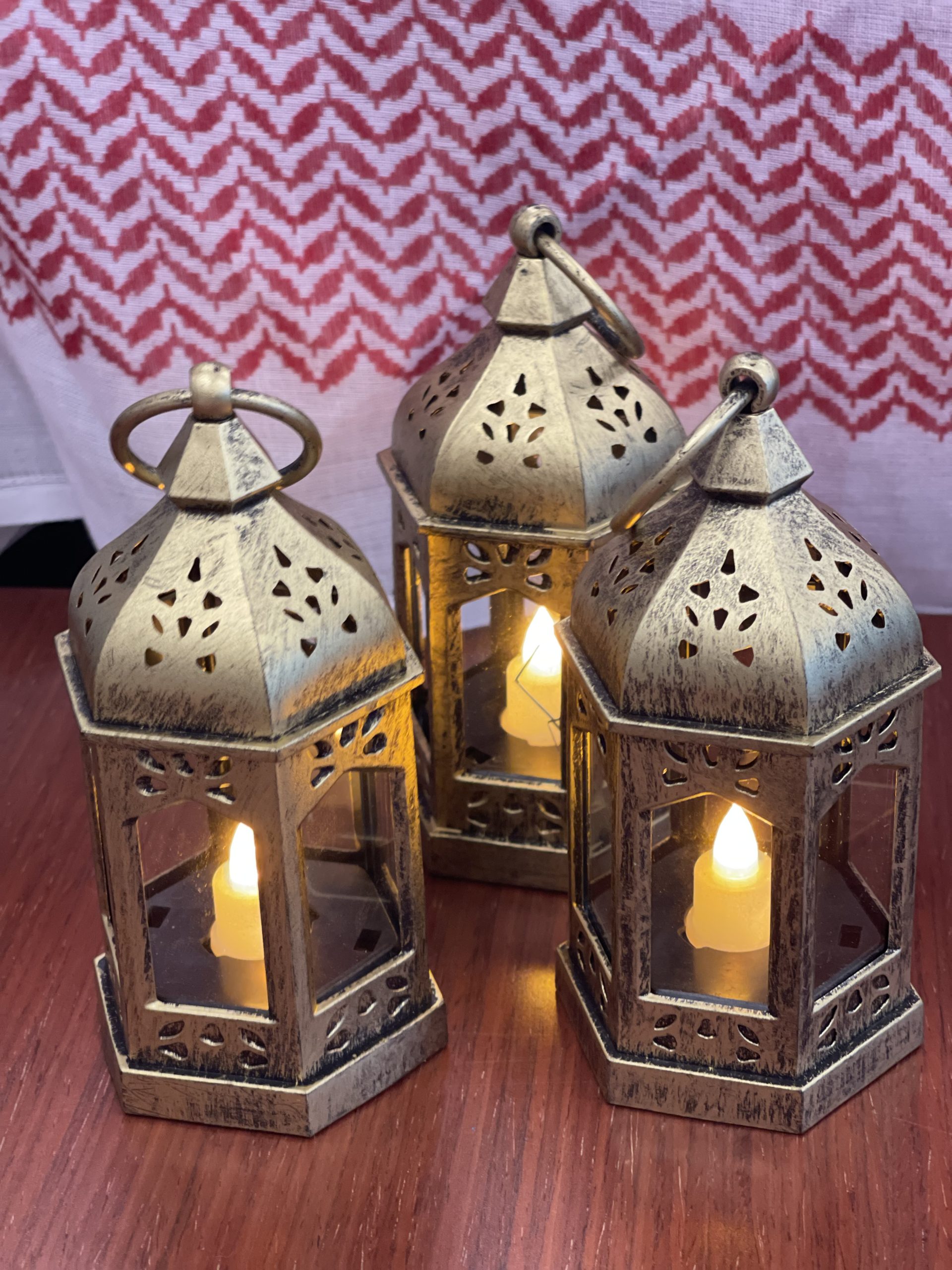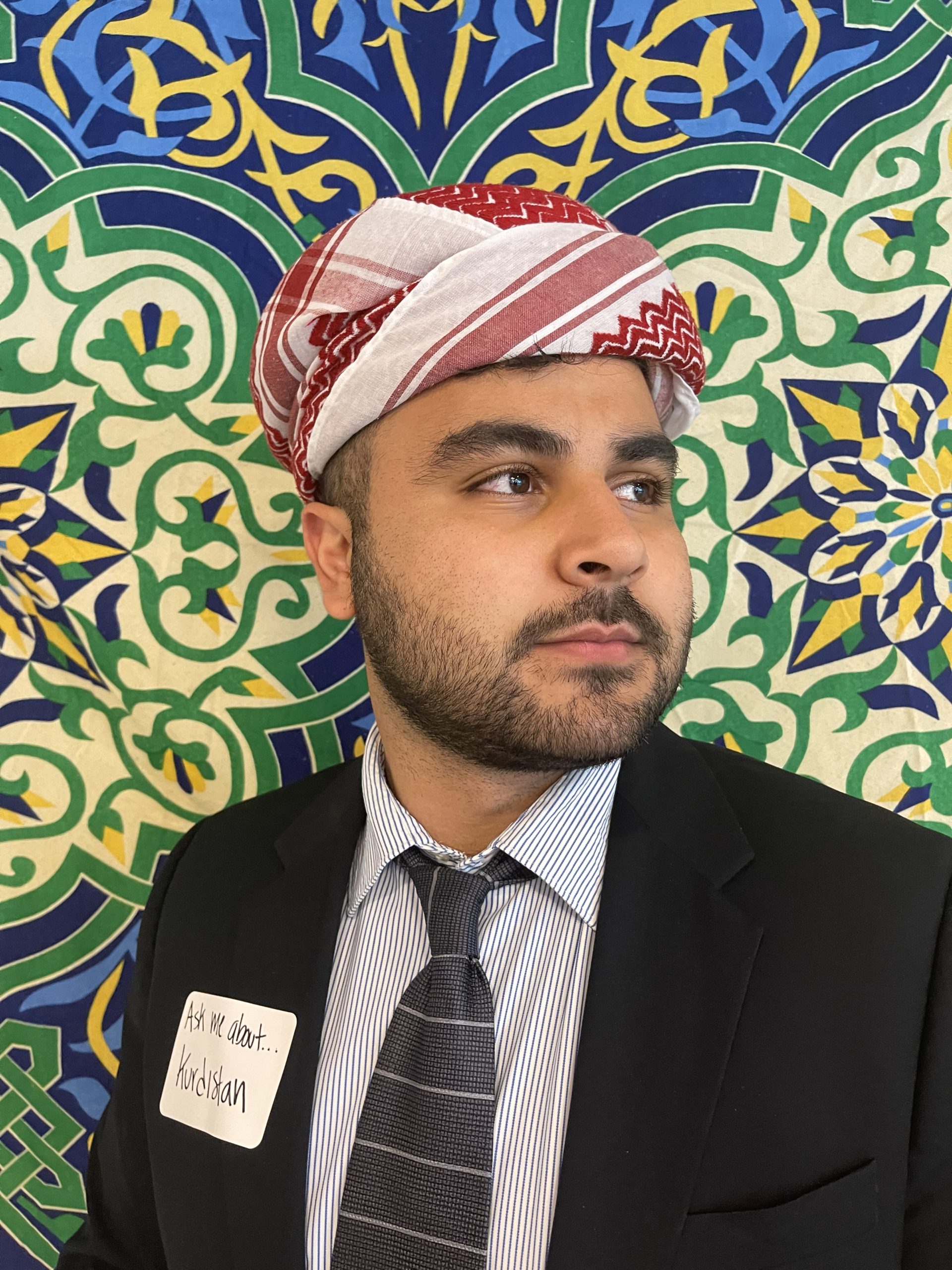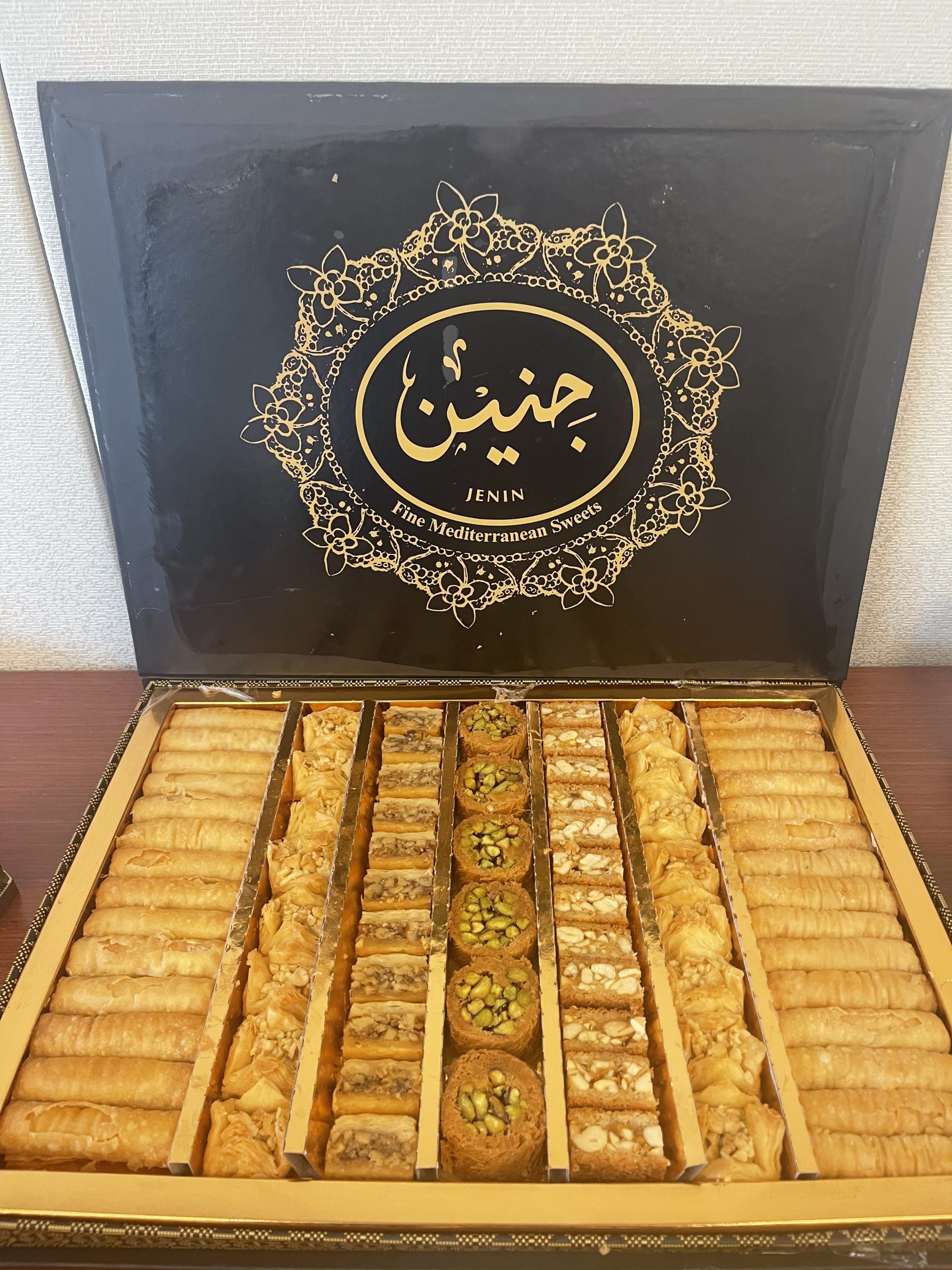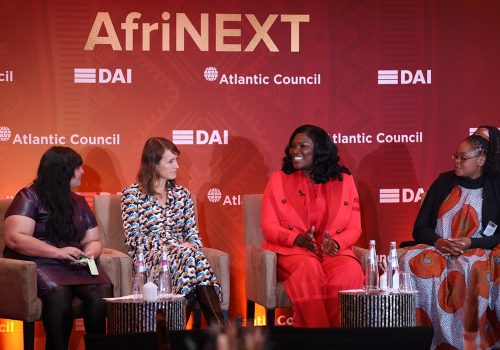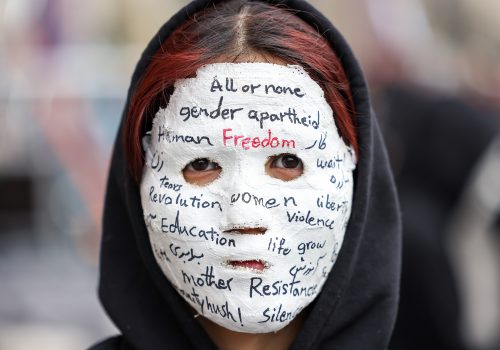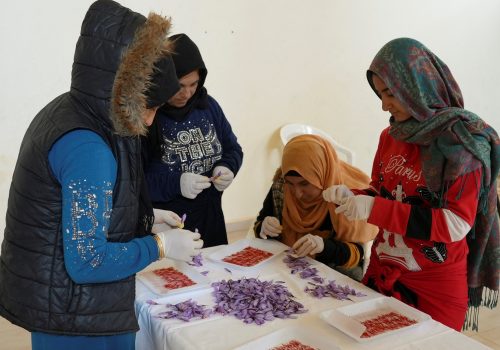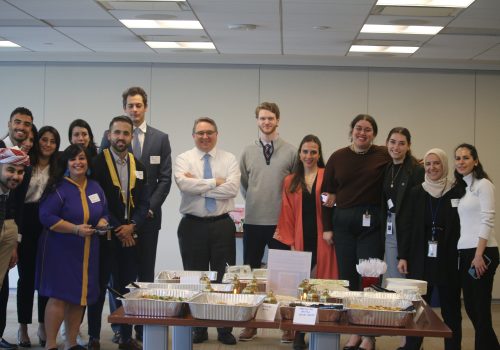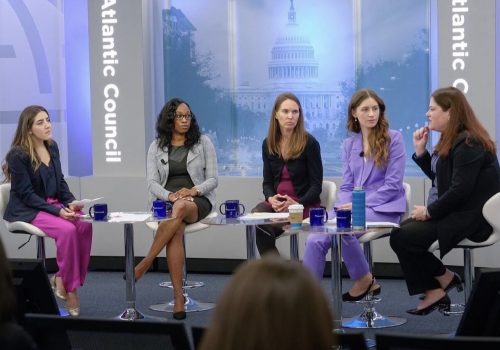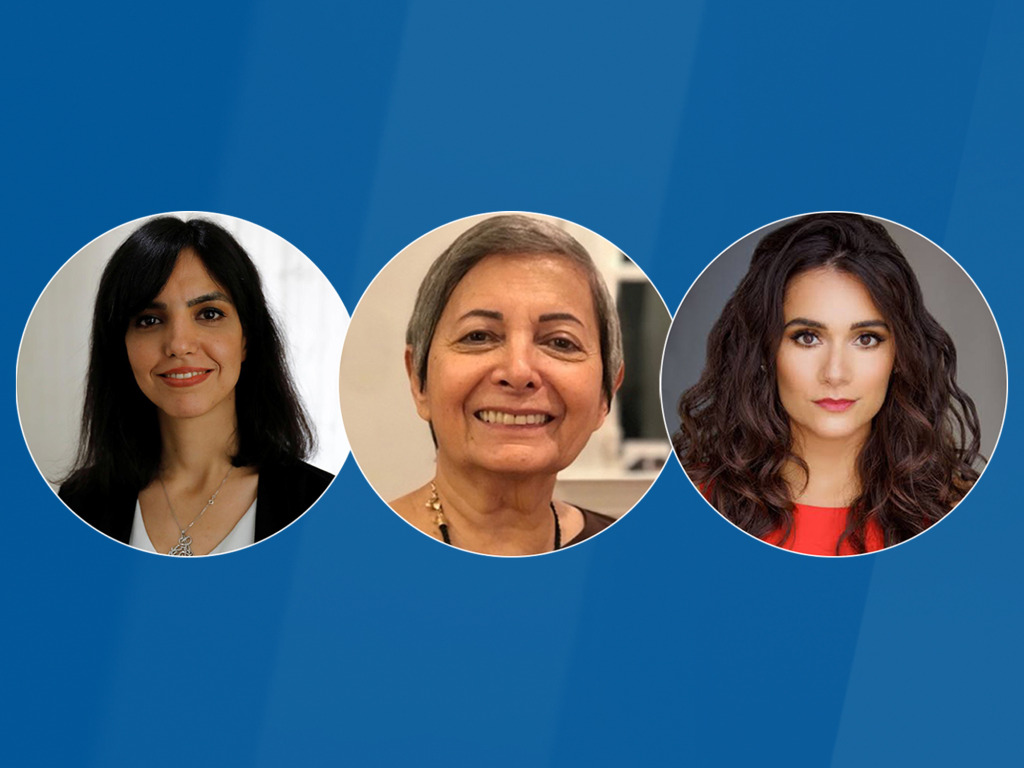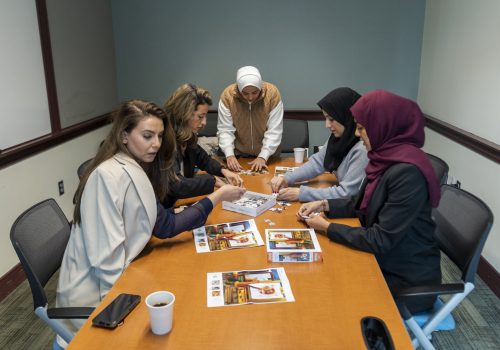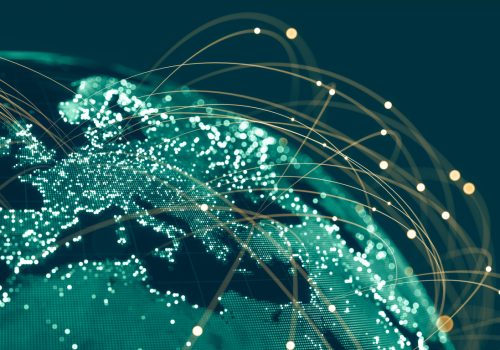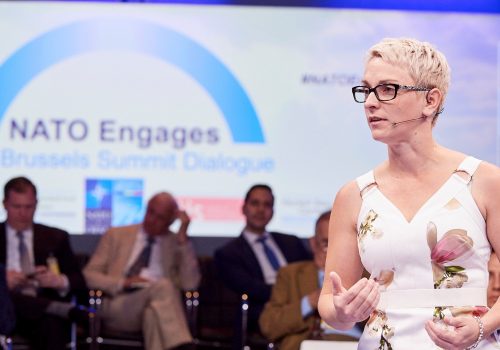The Atlantic Council strives to sustain an inclusive environment where richly diverse individuals of varying backgrounds, identities, genders, political affiliations, nationalities, and races can collaborate as global change agents. We’re focused on recruiting capable, results-oriented colleagues who are committed to shaping the global future alongside partners and allies. We’re committed to delivering equity among our team regarding compensation and promotions, and in fostering opportunities to advance and celebrate the Atlantic Council’s dynamic, diverse, and principled culture.
This is who we are
Since its founding in 1961, the Atlantic Council’s mission has been inclusion in a fundamental sense: helping Americans understand that they are part of a broader international community.
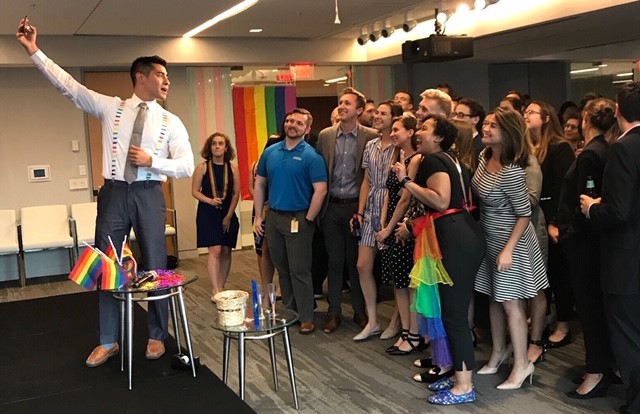
The Atlantic Council has distinguished itself as an institution where Americans work collaboratively with our counterparts in allied and partner countries to develop ideas, propose solutions, and build a better world.
Then, as now, the organization was animated by diverse views and perspectives. Diversity has always been and will always be our competitive advantage. It’s our engine for exponential growth and exceptional performance.
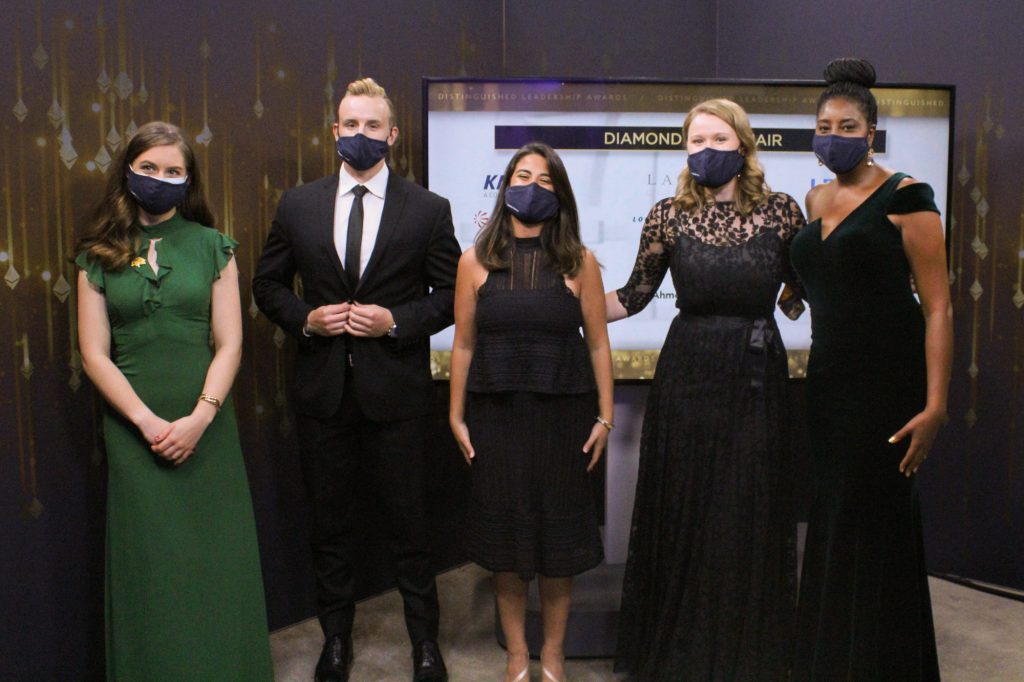
Today, the Atlantic Council cherishes its status as a diverse international organization, where those who speak different languages, have different political points of view, and come from different national, religious, and ethnic backgrounds draw on their varied experiences to enrich our work.
We also recognize we can, must, and will do more.
As far back as 1952, Secretary of State Dean Acheson—one of the Atlantic Council’s founders—wrote in a letter included in an amicus brief submitted to the Supreme Court of the United States in Brown vs. Board of Education, that “the continuance of racial discrimination in the United States… jeopardizes the effective maintenance of our moral leadership of the free and democratic nations of the world.”
The United States has come far since then, and so too has the Atlantic Council. We pledge to do even better, realizing that diversity, equity, and inclusion are part of the crucial domestic underpinnings of our international credibility and success.
Content
Upcoming events
Check back soon for updates!
Recent events
Employee resource groups
Black Employee Network
In alignment with the Atlantic Council’s commitment to creating and sustaining an inclusive environment, the Black Employee Network enhances employees from the African Diaspora’s sense of belonging and empowers their path to success. The group also uplifts the Atlantic Council’s spheres of influence, community, and beyond to better foster a global future of inclusion, understanding, and tolerance through the following:
- Dynamic engagement opportunities in recruiting the global leaders of the future,
- Crafting elevated opportunities for celebration and appreciation of culture,
- And targeted responses in establishing equity.
AC Women
AC Women, an Employee Resource Group, supports and enhances the experience of female-identifying employees at the Atlantic Council by creating an inclusive environment that, facilitates professional development and encourages the collaboration of women across the Council, regardless of department, position level, and experience. We celebrate the unique perspectives and contributions of all AC women and seek to foster a dynamic community to shape the global future together.
LGBTQI at the Council
The Atlantic Council fosters an inclusive community for LGBTQI employees and partners. We also work with partners at home and abroad to expand LGBTQI inclusion and protect their rights.
Disability Inclusion Network
The Disability Inclusion Network (D.I.N.) aims to promote awareness and inclusion for employees with disabilities and amplify disabled voices within foreign policy. This group provides support that empowers our employees with disabilities to excel. D.I.N. is a safe space, where AC employees with disabilities can share their stories and experiences. We hope to start a conversation around accessibility and inclusion within the workplace and beyond.
Initiatives
Diversity, equity, and inclusion contacts
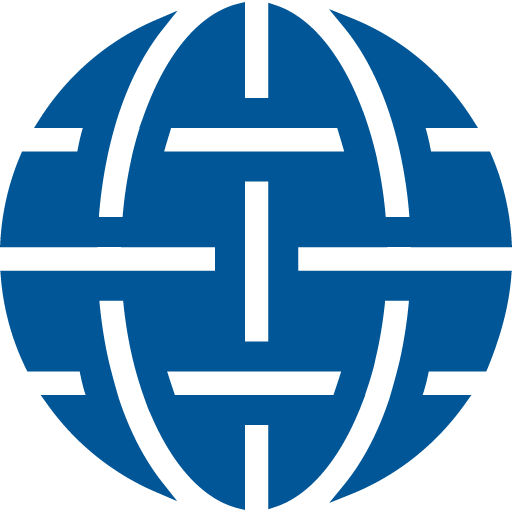

Kadiatou Cesaire
Vice President, Global Human Resources and Talent Development
